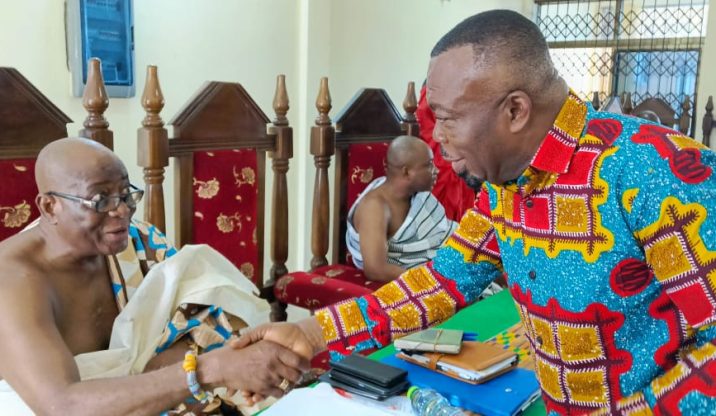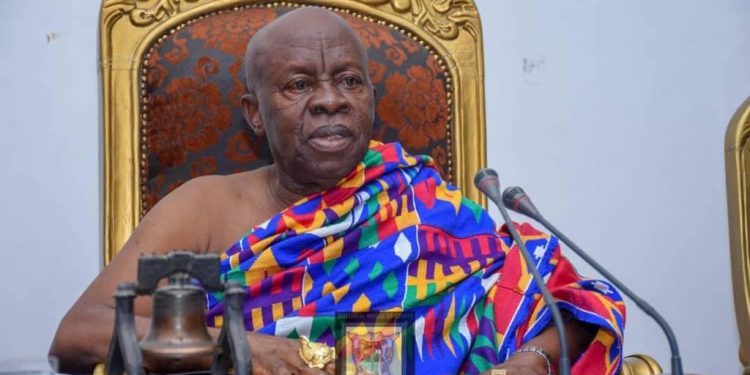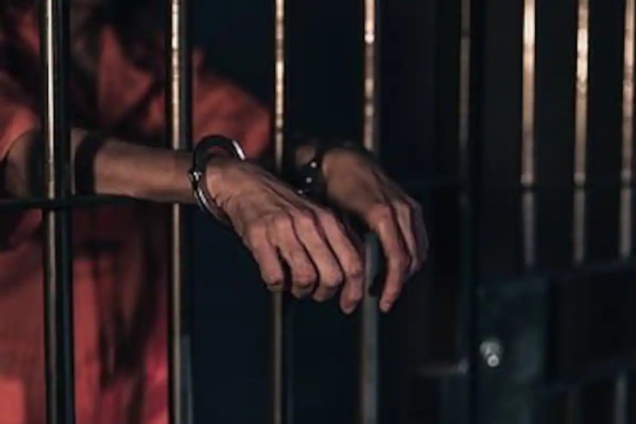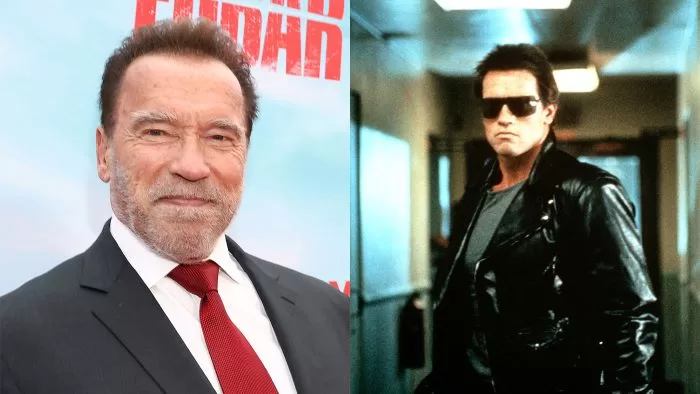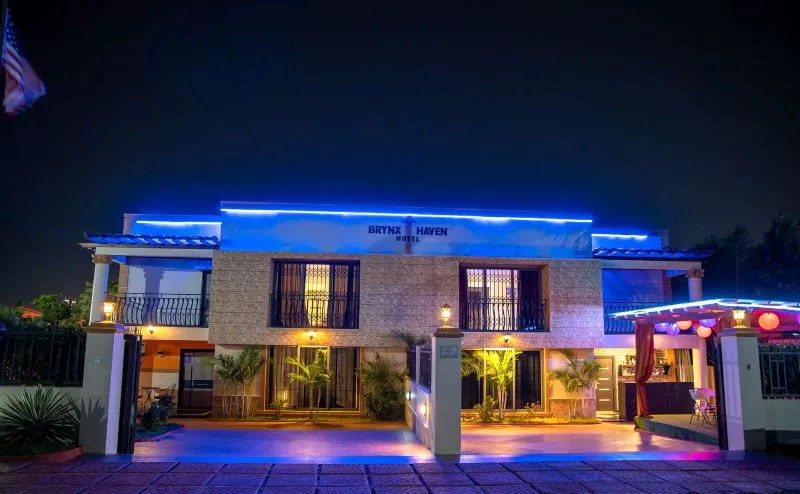In a courtroom heavy with tension and uncertainty, Elisha Mahama Akpanyichie, the first accused person in the murder of the late Eric Johnson, CEO of Royal Cosy Hotel Limited, popularly known as Jirapa Dubai, broke his silence in an emotional and soul-stirring testimony.
With his witness statement filled with pain and disbelief, Elisha declared, “In all my life, I have never slaughtered a fowl, let alone murder a human being in such a brutal manner.”
For many watching the trial unfold, this is not just the testimony of a man fighting for his freedom — it is the story of someone whose life has been turned upside down by an accusation he insists is false, unfair, and a complete fabrication.
A Relationship of Gratitude, Not Hatred
Elisha painted a picture of a cordial relationship with the deceased. “I have always been grateful to the late Eric Johnson for giving me employment at the Royal Cosy Hill Hotel. I never had any quarrel with him — neither personal nor work-related,” he told the court.
He recounted how he was verbally dismissed by Michael Klugey, the hotel’s Project Manager, and not by the late Eric Johnson himself — a key point that challenges the prosecution’s supposed motive for the murder.
“From the evidence of the prosecution the only reason given for my alleged killing of Eric Johnson is that he dismissed me from the Royal Cosy Hotel Limited. But as I have indicated the deceased did not personally dismiss me from the employment of the Royal Cosy Hotel Limited.
“Also in the course of my employment I had no problem whatsoever with the late Eric Johnson that will give me cause to kill him. If I were to kill anybody then it would have been PW3 (Michael Klugey) who terminated my employment with the Royal Cosy Hotel Limited
The Man Who Chose To Face Justice, Not Flee
Elisha’s response to the tragedy speaks volumes about his character. On the day he heard of Mr. Johnson’s murder, he was miles away going to Takoradi. Many expected that someone accused of such a heinous crime would disappear into hiding.
Instead, Elisha did the unthinkable — he voluntarily walked into the Sekondi Divisional Police Headquarters, escorted by his mother on the advice of a senior police officer, DCOP Osei-Akoto Arthur.
“I voluntarily submitted myself to the Police at Sekondi though I had the opportunity to escape arrest if indeed I had murdered the late Eric Johnson,” he said.
The police themselves took statements from his mother and the senior officer to confirm that Elisha’s surrender was completely voluntary — an act that doesn’t align with the behavior of a guilty man.
A Case Built on Sand — No Key, No Entry, No Proof?
Central to the case is the simple question — how did Elisha gain access to the locked suite of the deceased?
By the prosecution’s own admission, there was no break-in. Detective Inspector Amoh (PW6) testified that the suite could only be opened with a master key card — yet under cross-examination, he confessed that his investigations could not establish that the second accused, Belinda Miller, gave any key to Elisha.
Further damaging the prosecution’s credibility, Inspector Oscar Aware Apamlea (PW5) delivered two completely contradictory accounts — initially stating that Elisha got the key from Belinda, then later claiming Elisha somehow processed the key to enter the suite of the deceased.
Elisha, baffled, asked in his statement to the court: “From the evidence of PW5, I am therefore confused as an ordinary layman whether A2 (Belinda Miller) gave me the key to the suite of the deceased or I processed the key to the apartment I lived in the hotel to gain entrance to the suite of the deceased. This contradiction in the case of the prosecution alone shows that I have been framed up.”
The Forensic Fiasco
If the key narrative wasn’t murky enough, the forensic evidence is even more troubling.
The prosecution claimed that Elisha’s footprint was found in the blood of the deceased. But the analysis was not conducted at the Police Forensic Laboratory, which has the certified facility to handle such investigations.
Instead, it was carried out by retired Superintendent Isaac Okrah, who claimed to operate under a private outfit called “Forensic Yard” — a business the prosecution failed to prove is accredited.
Under cross-examination, Okrah could not explain why he bypassed the official forensic lab. Elisha questioned the absurdity: “I am not a fool to go and commit such a heinous crime barefooted…
“I also wonder whether PW7 (Supt./Rtd. Isaac Okrah) wants the Court and the jury to believe that when I left my house at Akoro from the evidence of PW9 (the cyber security expert) I walked barefooted for 4.2 kilometers to the Hotel and scaled the fence wall which was electrified barefooted.”
Evidence Betraying the Prosecution’s Case?
The same forensic report revealed no traces of Elisha’s blood in the deceased’s room — despite claims that he had a cut on his finger. Medical experts admitted that if he had bled during the crime, his blood should have been present.
Furthermore, hotel records show that multiple employees — including cleaners and food attendants — had access to master keys. Statements from hotel staff confirmed that at least nine master key cards were circulating among employees, contradicting the claim that there was only one.
A Trial That Raises Bigger Questions
Beyond the personal tragedy of Elisha Mahama, this case has exposed troubling questions about police investigations in Ghana — from sloppy forensic practices to contradictory testimonies and the questionable handling of evidence.
As the trial continues in the High Court at Wa, one truth stands firm: a man’s future, freedom, and life now hang in the balance — dependent on whether the justice system will see the truth or be blinded by a web of errors and assumptions.
Source: Newstitbits.com
The post “I’ve never slaughtered even a fowl” — Accused cries out, declares innocence in Jirapa Dubai CEO murder appeared first on Newstitbits.




